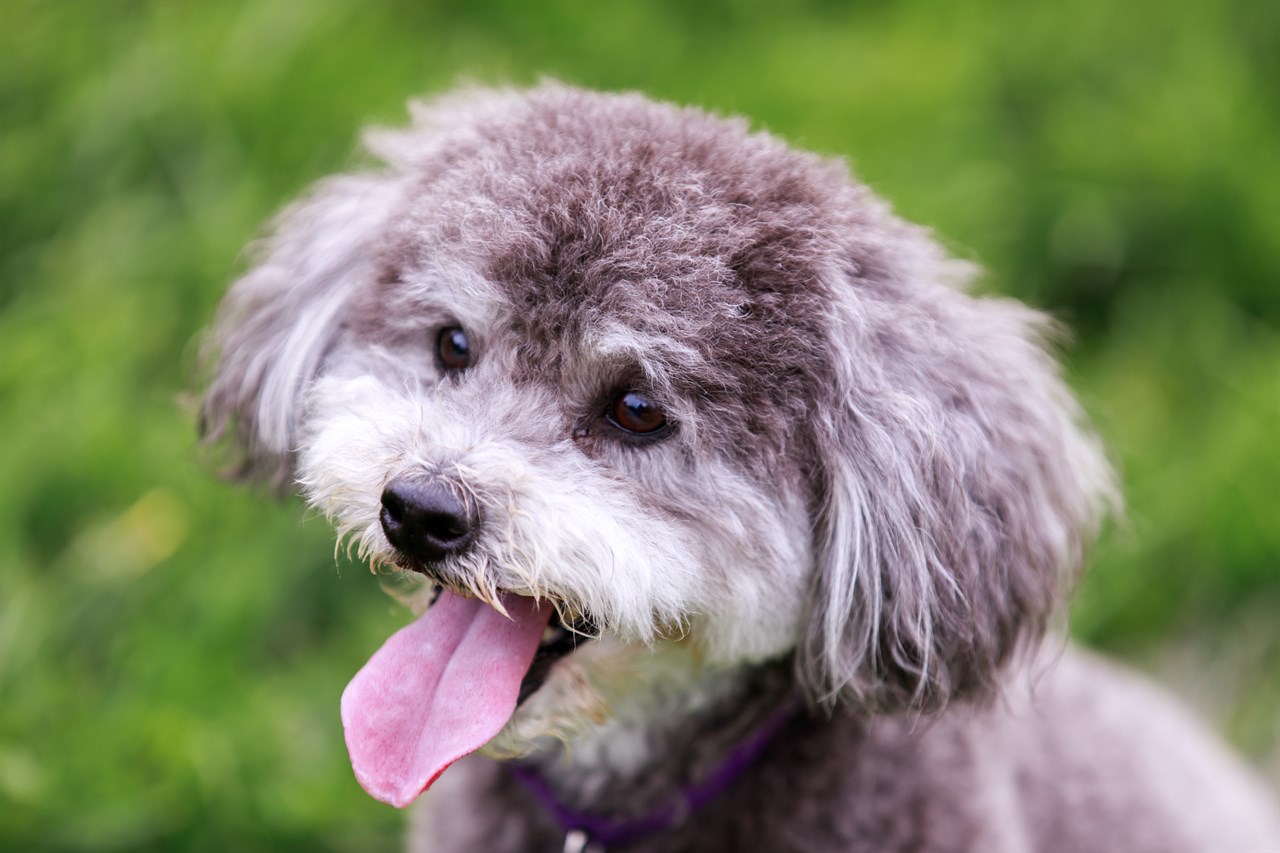Common Health Issues of the Schnoodle: Understanding and Managing Health

The Schnoodle, like any dog breed, may be prone to certain health issues. It's essential for Schnoodle owners to be aware of these potential concerns and take proactive steps to manage their pet's health. Here are some common health issues associated with the Schnoodle breed.
Hip Dysplasia
Hip dysplasia is a common orthopaedic condition in dogs, including Schnoodles. It occurs when the hip joint doesn't develop properly, leading to joint instability and degeneration over time. This condition can result in pain, lameness, and decreased mobility. Maintaining a healthy weight, providing joint supplements, and regular exercise can help manage hip dysplasia.
Patellar Luxation
Patellar luxation, or a dislocated kneecap, can affect Schnoodles. It can lead to pain and lameness. Surgical correction may be necessary in severe cases.
Progressive Retinal Atrophy (PRA)
PRA is a genetic eye disorder that can cause progressive vision loss in Schnoodles. Regular eye check-ups by a veterinarian can help detect and monitor this condition.
Hypothyroidism
Hypothyroidism is a thyroid gland disorder that can lead to various health problems, including weight gain, lethargy, and skin issues. It can be managed with medication and a proper diet.
Allergies
Schnoodles may be prone to allergies, which can manifest as skin irritations, itching, and gastrointestinal issues. Identifying and managing allergens in their environment and diet can help alleviate allergy symptoms.
Ear Infections
The Schnoodle's floppy ears can trap moisture and debris, making them susceptible to ear infections. Regular ear cleaning and proper drying after baths or swimming can help prevent these infections.
Dental Issues
Dental problems, such as tooth decay and gum disease, can affect Schnoodles. Regular tooth brushing, dental chews, and professional dental cleanings are essential for maintaining oral health.
Seizures
Some Schnoodles may be prone to seizures, which can have various underlying causes. Consult with a veterinarian to diagnose and manage seizures in your dog.
Obesity
Schnoodles, like many small breeds, can be prone to obesity if their diet and exercise are not properly managed. Obesity can exacerbate other health issues, so it's crucial to maintain a healthy weight through a balanced diet and regular exercise.
Luxating Lens Syndrome
This condition affects the lens of the eye, causing it to shift position. It can lead to vision problems and may require surgical intervention.
Diabetes
Diabetes can develop in Schnoodles, especially as they age. Symptoms may include excessive thirst, increased urination, and weight loss. Diabetes can be managed with medication and a controlled diet.
Conclusion
While Schnoodles are generally healthy dogs, it's essential for owners to be aware of potential health issues and take preventative measures. Regular veterinary check-ups, a balanced diet, exercise, and proper grooming and care can help ensure the well-being and longevity of your Schnoodle companion. Early detection and prompt treatment of any health concerns are key to keeping your dog happy and healthy throughout their life.
Schnoodle puppies for sale
- Find Schnoodle puppies for sale in ACT
- Find Schnoodle puppies for sale in NSW
- Find Schnoodle puppies for sale in NT
- Find Schnoodle puppies for sale in QLD
- Find Schnoodle puppies for sale in SA
- Find Schnoodle puppies for sale in TAS
- Find Schnoodle puppies for sale in VIC
- Find Schnoodle puppies for sale in WA